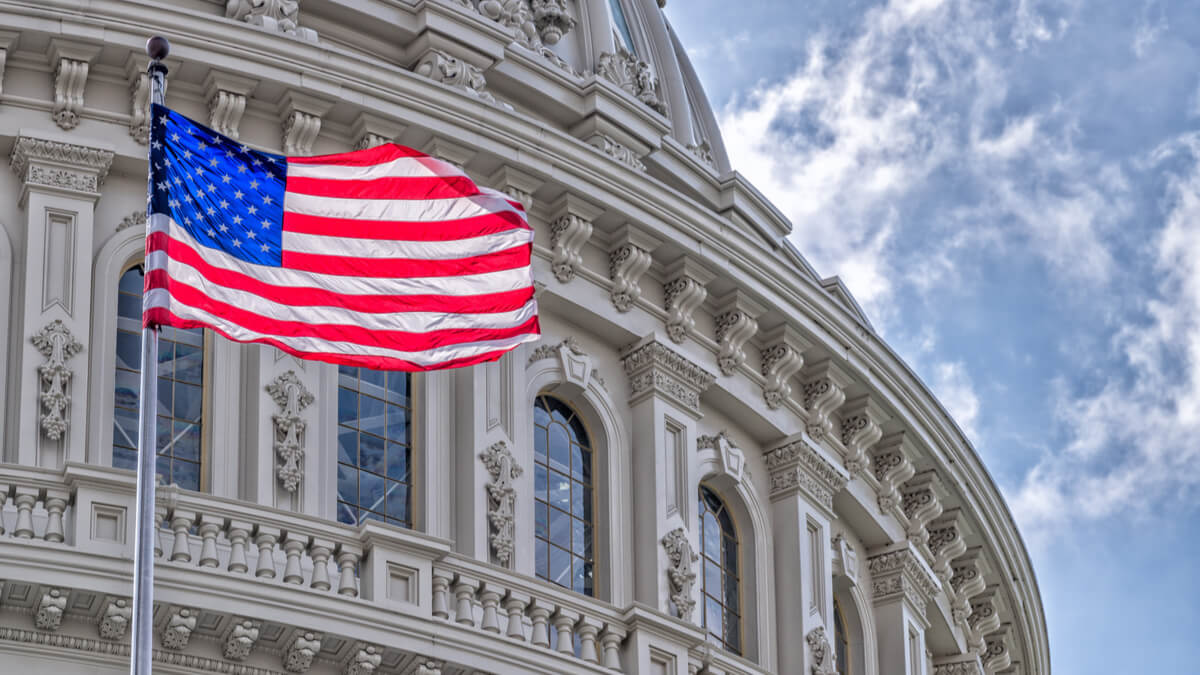Your guide to shipping from Canada to the US
This guide shall cover how you can ship products from Canada to the US and save on currency conversions with Wise

If you’re a self employed worker, you’ll need to complete your own tax filing, and make sure you’re correctly paying any taxes owed. This can be a complex and time consuming exercise, especially if you’re new to it. Use this guide to get an overview of the taxes you need to think about, and take professional advice to make sure your tax return is correctly completed and settled in good time.
A quick note before we get started. Tax is complex, and tax rates can change each year. The information here is intended as a guide only - check out the full, up to date, details online on the Canadian government website** and/or seek help from a professional.**
This article will cover:
There are several options when you need to make international payments from Canada. One option is using Wise.
With Wise you can make payments to a large number of countries and currencies. Your money will be exchanged with the mid-market exchange rate, and the fee you need to pay will always be shown upfront. So you know the amount your recipient will receive, without unexpected fees taken off.
There are lots of useful features to make your international business life easier. If you need to make a lot of international business payments, you can use the batch payments tool, or integrate with Wise’s open API. To make sure your accounting is up-to-date, you can connect your Wise business account to your Xero account.
The tax you’ll pay depends on the income you receive, with different tax brackets applying to different income levels. This produces a progressive tax system - in effect meaning lower earners pay a lower percentage overall on their income compared to higher earners.
Here are the 2020 federal tax rates¹:
In addition to federal taxes, there are provincial and territorial taxes to pay. In most cases, these are calculated in a similar way to federal taxes. For example, here are the tax rates for Ontario and Alberta¹.
Ontario:
Alberta:
It’s worth noting that taxes in Quebec are calculated differently. If you’re living in Quebec, make sure you investigate the rules for this area before you get started.
As well as personal taxes, you’ll need to register for GST/HST if your sales exceed $30,000 in a calendar quarter². You may need to collect and pay GST/HST on sales you make of products which are eligible for these additional taxes. The rates and rules may vary depending on your location, and the location of your customer, so be sure to get the up to date information for your business³.
You may be able to deduct some of the operating expenses of your business from your income, before calculating your taxes. There’s a long list of the types of deductions which may be allowable, depending on your business type, and the specifics of your spending. You can get the full detail, and some guidance, online on the Canadian government website - or you can take professional advice if you’re still unsure.
To give you an idea, here are a few of the more common deductions you may consider when filing your self-employed taxes⁴:
Although there are many different types of deductions you may be able to apply when filing your taxes, there are also strict rules about what can and can not be counted. To give an example, you may be able to deduct the cost of some office expenses, but while consumable goods like pens and paper could be deductible, different rules apply to things like calculators and office chairs. These items are considered capital costs, and as such these costs can not be deducted as office expenses⁴.
If you make a mistake when calculating tax and under-report the amount you need to pay, you may find you need to pay a fine or penalty. It’s not worth risking, so make sure you’re clear on the deduction rules, or take professional advice when you file your self-employed taxes.
What taxes you’ll need to pay - and where - can vary depending on things like your tax residency, and the type of work you do.
In broad terms, if you’re a tax resident in Canada, you’ll pay most of your taxes in Canada. So, for example, if you’re a freelance worker and take on a project with a company based in the US, most likely you’ll declare and pay tax on your income from that project to the Canadian Revenue Authority. You may need to complete a W8-BEN form, which is submitted to the US tax authorities, to ensure you don’t pay double taxes on this income⁵.
However, if you’re selling items online to a customer in some areas of the US, you may find you need to collect and remit sales tax to the state authorities. If you make sales through a platform like Etsy, the platform may handle this for you⁶. However, if you’re selling direct, you’ll need to understand the rules for the areas and countries in which you operate.
If you work with overseas clients and want a better way to receive payments in foreign currencies, like: US dollars, euros, British pounds and Australian or New Zealand dollars, take a look at the multi-currency account from Wise. With Wise Business you can receive payments in these currencies fee free. Hold the currencies in your account, or switch back to Canadian using the mid-market exchange rate to withdraw back to your regular bank account. You’ll only ever pay a low, transparent fee, and may save compared to using your normal bank for foreign currency transactions.
See if you can save money with Wise
To avoid a shock when it comes to filing your taxes, it makes sense to set aside some money from each payment you receive throughout the year.
The exact amount you need to withhold will depend on the deductible expenses you incur, and the turnover of your business, as well as the total tax you’ll need to pay which can vary depending on your location. However, as a rule of thumb, online experts suggest holding at least 15%, to a maximum of 25% of all income to ensure you can pay your taxes with ease⁷.
You can find a table which helps you calculate your federal income tax, online on the Canadian government website, or within the document you use for filing¹.
There are also other calculators available online which allow you to estimate your full federal and provincial taxes, by entering details of your income. These resources may be free to use⁸, or come at a cost as part of an accounting package⁹. However, it’s worth noting that these tools aren’t official government resources, so should not be relied upon. The free resources may also not suit self employed workers, so make sure you find one which meets your needs.
You must hold all of your records, including evidence of deductions and bank statements, for 6 years¹⁰. The CRA may request a review within that time, and will require these documents to confirm you have correctly filed and paid your taxes.
As a self employed worker, doing your taxes is unlikely to be the most enjoyable part of your work. However, by keeping on top of the tax you need to pay throughout the year, and retaining all of your documentation as evidence, you shouldn’t have any nasty surprises when it comes to filing and paying your self-employed taxes. Get the advice and professional support you need to make sure you get your taxes right, and save time and money for your business.
Find out more about Wise Business
Sources used for this article:
1.CRA - Canadian income tax rates for individuals
2.CRA - When to register for and start charging the GST/HST
3.CRA - How place of supply affects GST/HST rates
4.CRA - Business expenses
5.Blog - Tax Tips for Canadians Who Work for U.S. Companies
6.Etsy - Marketplace Sales Tax: Where Etsy Collects and Remits State Sales Tax
7.Blog - Taxes 101: How to file if you’re self employed
8.Tax calculator
9.Tax calculator
10.CRA - How long should you keep your income tax records?
*All sources checked on June 19, 2020
*Please see terms of use and product availability for your region or visit Wise fees and pricing for the most up to date pricing and fee information.
This publication is provided for general information purposes and does not constitute legal, tax or other professional advice from Wise Payments Limited or its subsidiaries and its affiliates, and it is not intended as a substitute for obtaining advice from a financial advisor or any other professional.
We make no representations, warranties or guarantees, whether expressed or implied, that the content in the publication is accurate, complete or up to date.

This guide shall cover how you can ship products from Canada to the US and save on currency conversions with Wise

This guide shall cover how you can outsource your IT operations to a company in India

This guide shall cover how you can ship products from India to Canada

This guide shall cover how you can ship products from China to Canada.

This guide shall cover how you can outsource your call center requirements to a company in India the US

This guide shall cover how you can ship products from Canada to China